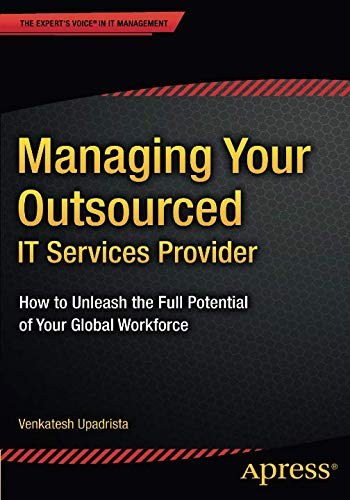# How Do I Become a Loan Originator? A Step-by-Step Guide to Kickstart Your Career
## Understanding the Role of a Loan OriginatorBecoming a loan originator involves understanding the critical role they play in the financial sector. A loan……
## Understanding the Role of a Loan Originator
Becoming a loan originator involves understanding the critical role they play in the financial sector. A loan originator is responsible for guiding borrowers through the loan application process, assessing their financial needs, and helping them secure financing. This role requires a blend of financial knowledge, customer service skills, and regulatory understanding.
## Educational Requirements
To embark on your journey, you might wonder, **how do I become a loan originator**? The first step is to meet the educational requirements. Most loan originators hold at least a high school diploma, but many employers prefer candidates with a bachelor's degree in finance, business, or a related field. This educational background provides a solid foundation in financial principles and enhances your credibility with clients.
## Licensing and Certification
Once you've obtained your education, the next crucial step is to get licensed. In the United States, loan originators must be licensed through the Nationwide Mortgage Licensing System (NMLS). This process includes completing a pre-licensing education course, passing the NMLS exam, and undergoing a background check. The licensing process ensures that you are knowledgeable about the laws and regulations governing the lending industry.

## Gaining Experience
Experience is invaluable in the loan origination field. Many aspiring loan originators start in entry-level positions within the banking or mortgage industry. Roles such as loan officer assistant or customer service representative can provide you with essential insight into the loan process and customer interaction. Gaining hands-on experience will not only bolster your resume but also enhance your understanding of the industry.
## Building a Network
Networking is a vital component of becoming a successful loan originator. Attend industry events, join local real estate and mortgage associations, and connect with professionals in the field. Building relationships with real estate agents, financial planners, and other loan officers can lead to referrals and new business opportunities. The more connections you have, the easier it will be to establish yourself in the industry.
## Developing Sales Skills

Sales skills are crucial for a loan originator. You must be able to effectively communicate with potential clients, understand their needs, and present loan options that suit them. Developing strong sales skills can set you apart from your competitors. Consider taking courses in sales techniques, negotiation, and customer service to enhance your abilities.
## Staying Informed
The mortgage industry is constantly evolving, with new regulations, market trends, and loan products emerging regularly. To stay competitive, it's essential to keep yourself informed. Subscribe to industry publications, attend workshops, and participate in continuing education courses. Being knowledgeable about the latest trends will help you provide the best service to your clients.
## Utilizing Technology
In today's digital age, technology plays a significant role in the loan origination process. Familiarize yourself with the latest mortgage software and online tools that can streamline your workflow and improve client interactions. Being tech-savvy can enhance your efficiency and appeal to a broader range of clients.

## Final Thoughts
In conclusion, if you're asking yourself, **how do I become a loan originator**, remember that it's a journey that requires education, licensing, experience, networking, and continuous learning. By following these steps and committing to your professional development, you can build a rewarding career as a loan originator. Embrace the challenges and opportunities that come your way, and you'll find success in this dynamic field.